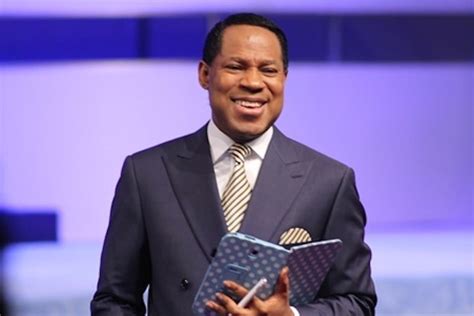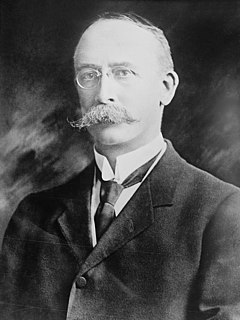A Quote by David Whyte
What is precious inside us does not care to be known by the mind in ways that diminish its presence.
Related Quotes
This is the first thing the Holy Spirit does in your life. He brings you God's presence, and when He does, you will no longer be in the dark. The Holy Spirit has a beautiful identity. He is called 'The Angel of God's presence.' He is the One Who brings us the presence of God and makes it real to us.
People who take the risk make a tremendous discovery: The more things you care about, and the more intensely you care, the more alive you are. This capacity for caring can illuminate any relationship: marriage, family, friendships-even the ties of affection that often join humans and animals. Each of us is born with some of it, but whether we let it expand or diminish is largely up to us. To care, you have to surrender the armor of indifference. You have to be willing to act, to make the first move.
This is the way of meditation: encountering the present in all its tremendous beauty, just being in the present. Inside, the mind stops. Outside, the world changes totally. It is no more the ordinary world you have known before. In fact, you have not known it at all. Your mind was distorting everything, your mind was creating fantasies. Your eyes were full of fantasies and you were looking though those fantasies. They never allowed you to see that which is. If the mind is gone, even for a moment, suddenly the whole existence explodes upon you.
I think a lot of us who had these oddly shaped childhoods, in some ways we're hyper-capable. We're able to take care of ourselves in a lot of ways but it's like we're missing a piece. When everyone went to school to learn how to be a regular person we were sick that day. We compensate other ways. Alcohol and drugs is one of those ways. Instead of learning how to cope with our problems and deal with hardship and deal with anger, we just decide to get drunk and not care.
What are works of art for? to educate, to be standards. To produce is of little use unless what we produce is known, is widely known, the wider known the better, for it is by being known that it works, it influences, it does its duty, it does good. We must try, then, to be known, aim at it, take means to it. And this without puffing in the process or pride in the success.







































